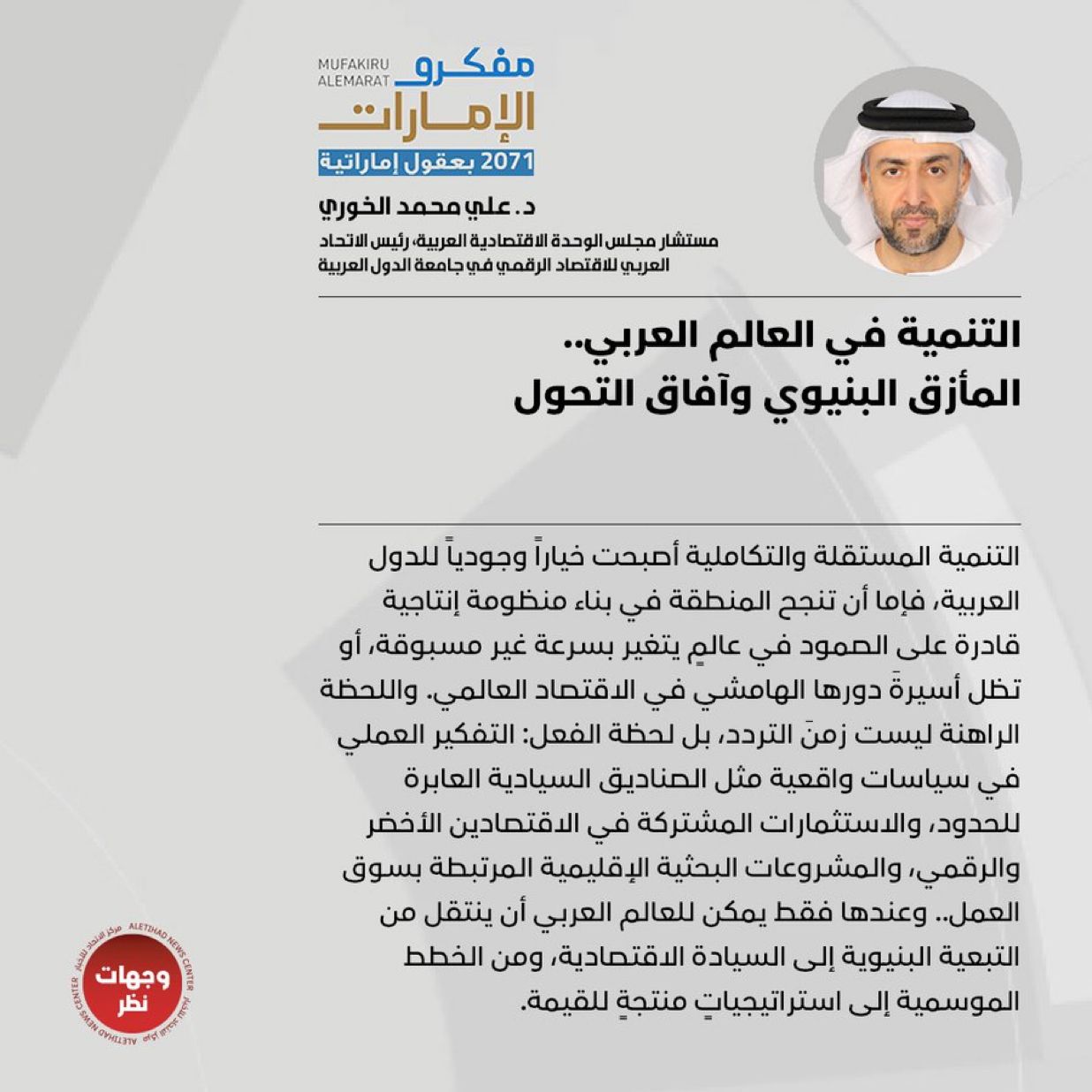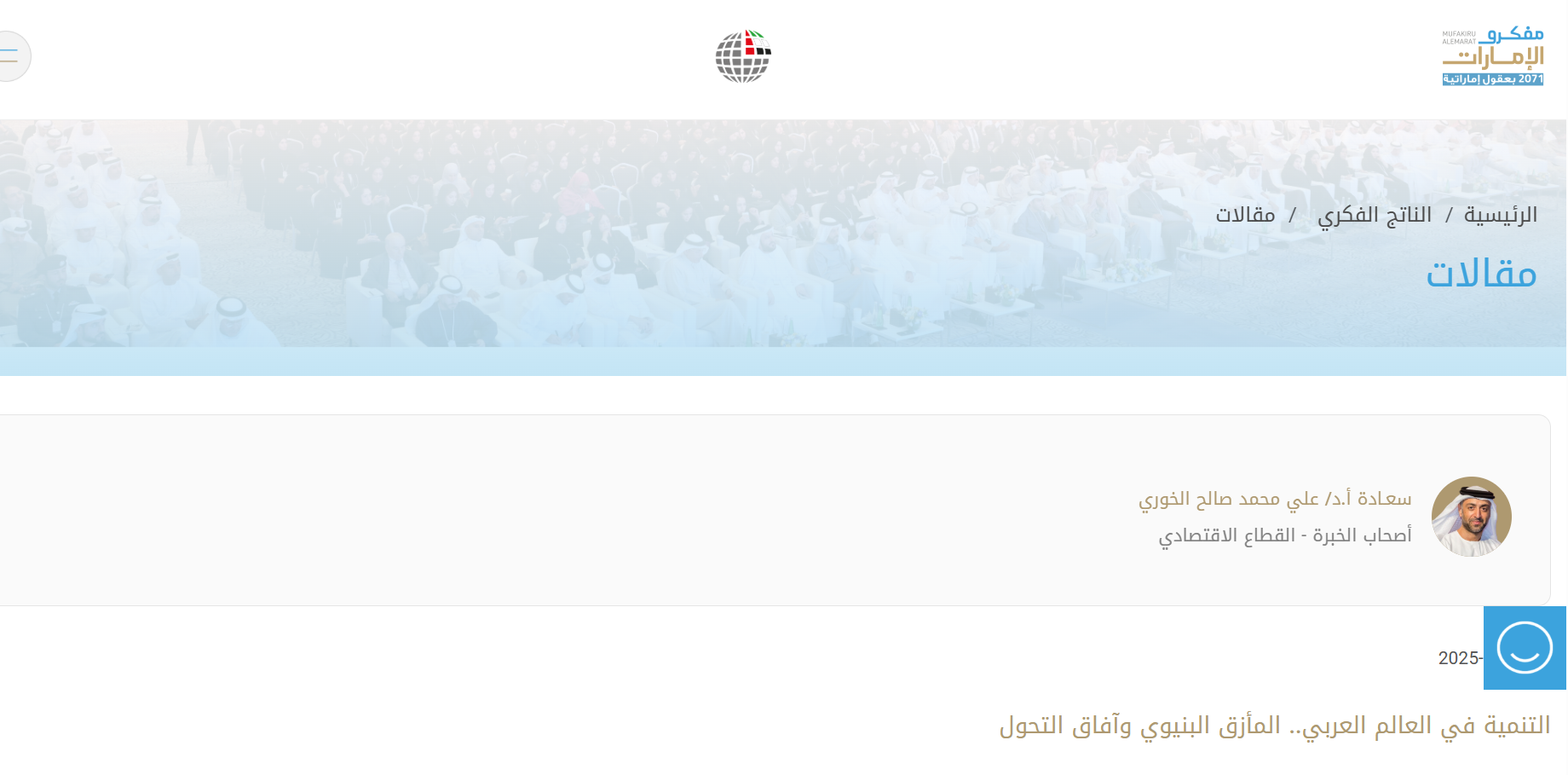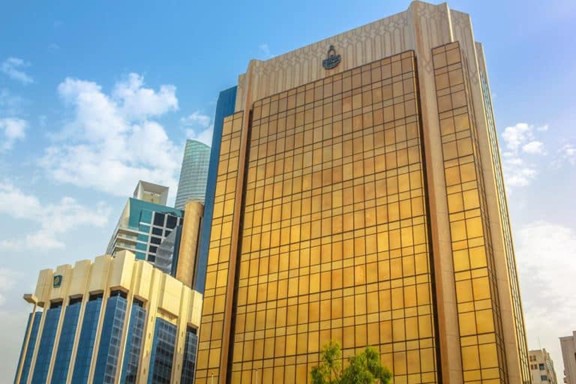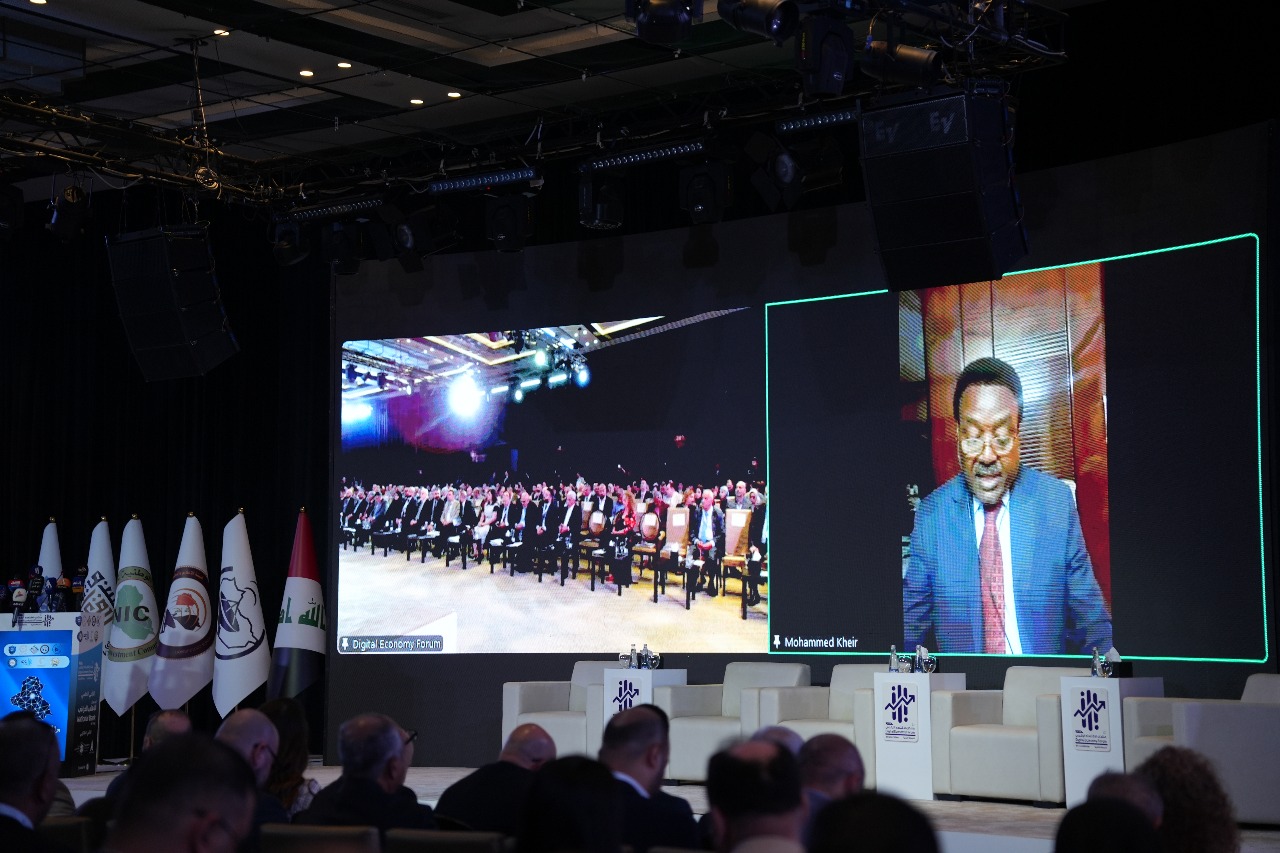Abu Dhabi
Mufakiru Alemarat
Prof. Dr. Ali Mohammed Al-Khouri
The dilemma of independent and integrated development in the Arab world stands out as one of the most complex challenges facing the region in the 21st century. Between the promises of progress that accompanied the nation-state projects after independence, the reality of rentier economies, and political and social divisions, the Arab development project has remained stalled. The problem lies not only in the slow pace of implementation or the limited resources, but also in its deep roots within a long legacy of political, economic, and intellectual shortcomings, which has rendered development a deferred goal rather than a continuous and sustainable path.
The first step to understanding this predicament lies in the political and institutional structures. Despite the abundance of joint Arab agreements and charters, they have often remained frozen, lacking the political will to translate them into practical programs. This deficiency is linked to the absence of a regional political charter that connects national sovereignty with collective interests and empowers joint institutions with genuine commitment and follow-up. Civil conflicts, border disputes, and geopolitical rivalries continue to consume resources and divert attention away from development. As a direct consequence of this reality, the region is experiencing what can be termed a “permanent security dilemma,” where energies are drained in managing risks instead of being invested in building the future. This aligns with the tenets of the “security dilemma” theory in international relations, which explains how the absence of mutual trust undermines the possibility of effective economic and political integration.
In addition to political factors, rentier economics emerges as a major obstacle to independent development. Most Arab countries remain overly dependent on oil and gas exports, making their public budgets and labor markets vulnerable to global price fluctuations and the resulting cyclical shocks. This economic structure represents what is known as the “resource trap,” where oil revenues weaken economic diversification and reinforce the state’s role as a distributor of wealth rather than a catalyst for production and innovation. The collapse of oil prices in 2020, and the resulting contraction in Arab GDP exceeding 4 percent according to IMF data, served as a stark revelation of the flaws in the prevailing economic model. It demonstrated that economies based on passive, unproductive revenues lack resilience to the volatility of the global financial system and become susceptible to erosion with any shift in international market conditions. In a world rapidly moving towards clean energy and a digital economy, relying solely on oil revenues appears to be a losing bet on a fading past rather than a future taking shape. While the rentier economy reveals the limitations of the economic model, social reality exposes the limitations of human capital in the Arab world. Unemployment rates among Arab youth remain among the highest globally, exceeding 24 percent in 2024 according to the International Labour Organization. This means that an entire generation is threatened with exclusion from the cycle of production and consumption at a historical juncture when the region desperately needs a skilled and innovative workforce.
Spending on research and development is negligible, barely exceeding 1 percent of GDP in most Arab countries, compared to a global average of over 2.5 percent. This disparity reflects a profound knowledge gap, perpetuating the region’s dependence on knowledge-producing centers in the West and the East, and preventing it from developing its own unique development model. Similarly, the educational system remains incapable of producing a generation equipped to meet the demands of the new economy. Curricula focus on rote learning rather than critical thinking and lack direct links with emerging economic sectors. The result is an abundance of graduates lacking digital and innovative skills, coupled with a shortage of technical expertise. This widens the gap between education and the labor market, transforming young people from a driving force for development into a wasted resource. Conversely, the weakness of the institutional framework for economic integration has revealed another chronic problem: intra-Arab trade does not exceed 14 percent of total foreign trade, a meager percentage compared to major blocs like the European Union, where it exceeds 60 percent. This reality reflects the stagnation of the Arab Common Market project, which has remained confined to slogans without implementation. Logistical obstacles, weak transport and communication infrastructure, and the lack of legislative coordination make regional trade a costly and uncompetitive process, pushing each country to conclude its own individual agreements with external partners. This further fragments the collective position and weakens the ability to defend common interests.
However, the most serious flaw lies not in politics or economics in isolation, but in the relationship between them. The tension between political practices and the distribution of resources and opportunities has produced a weak social base for development, leading Arab citizens to perceive development as a top-down, governmental project, rather than a participatory process involving society. The weakness of civil society, the absence of mechanisms for participation, and restrictions on freedom of association and civic engagement have all deprived development of its fundamental lever: mutual trust between the state and society. From an institutional economics perspective, this gap represents one of the greatest obstacles to any sustainable transformation, because development can only be based on justice and belonging, and on the citizen’s conviction that their future is part of their nation’s future. Therefore, any serious vision for independent and integrated development in the Arab world cannot succeed without rebuilding the relationship between the state and society and defining the region’s position within the global economic and political structures. Independence does not mean isolation, but rather possessing the capacity to engage in international exchanges from a position of possessing the tools of production, knowledge, and influence. Integration is not limited to removing barriers between markets, but is based on establishing common institutional structures that have real authority in formulating policies and coordinating priorities, in order to transform the unifying discourse from an emotional slogan into a practical mechanism for producing sustainable collective interests.
What the region fundamentally needs is a framework that reorders priorities and places development at the forefront, rather than relegating it to a secondary issue governed by security considerations. One possible path forward is the establishment of an independent Arab body dedicated to development policies, empowered with binding authority in specific areas such as joint procurement, standardization of industrial processes, and funding for collaborative scientific research. Such an institution would not replace traditional frameworks like the League of Arab States, but rather lend them an executive dimension that has long been lacking in joint Arab action, transforming disagreements into structured institutional dialogue instead of allowing them to become pretexts for obstructing cooperation. On the economic front, what is required is a radical shift from a rentier mindset to a productive one. This will not be achieved through slogans about economic diversification, but rather through strategic investments in the green economy, the digital economy, and creative industries.
A joint Arab sovereign wealth fund could serve as the financial instrument for this transformation, funding cross-border projects in renewable energy, biotechnology, and artificial intelligence, in exchange for member states committing to opening their markets to these products. Only then can the region move from a resource-exporting economy to one that produces knowledge and innovation.

Conversely, the social aspect requires a comprehensive educational and knowledge revolution that reshapes curricula to align with the new economy. What is needed is not merely the integration of technology into education, but a radical transformation of its philosophy, building it upon critical thinking, creativity, and problem-solving. Furthermore, scientific research must be transformed into an effective economic engine by linking universities with the private sector and allocating competitive grants to projects with direct economic viability.
Civil society must reclaim its role as a genuine partner in development, not a marginal observer. Local initiatives and NGOs are capable of bridging gaps in health, education, and services, but they need a legal and financial environment that allows them to operate smoothly. Partnerships between the public and private sectors and civil society can evolve into a new model for contractual development, with results measured by clear indicators such as employment rates and the level of local innovation.
What the region needs is not yet another plan added to the shelves of previous ones, but a radical shift in the very concept of development. Development is not merely an increase in GDP or an accumulation of capital; rather, as ethical economists emphasize, it is a process of expanding human capabilities to be and to act. When this principle becomes the foundation of public policy, development transforms from a limited government program into a comprehensive social and cultural path that makes the citizen both the goal and the means of development. The future of development in the Arab world will not be determined by the quantity of plans or the amount of funding, but by the ability to transform available resources into a sustainable, knowledge-based, and economically productive system. Current indicators—excessive reliance on oil revenues, high youth unemployment, and meager spending on scientific research—reveal the limits of what is possible if current policies persist.
The real challenge, then, is to transition from an economy that consumes its resources to one that invests them in human capital, education, and technology. In this sense, independent and integrated development becomes an existential choice for Arab states. Either the region succeeds in building a productive system capable of withstanding unprecedented global change, or it remains trapped in its marginal role in the global economy. The present moment is not one for hesitation, but for action: practical thinking about realistic policies such as cross-border sovereign wealth funds, joint investments in the green and digital economies, and regional research projects linked to the labor market. Only then can the Arab world move from structural dependency to economic sovereignty, and from seasonal plans to value-generating strategies.












